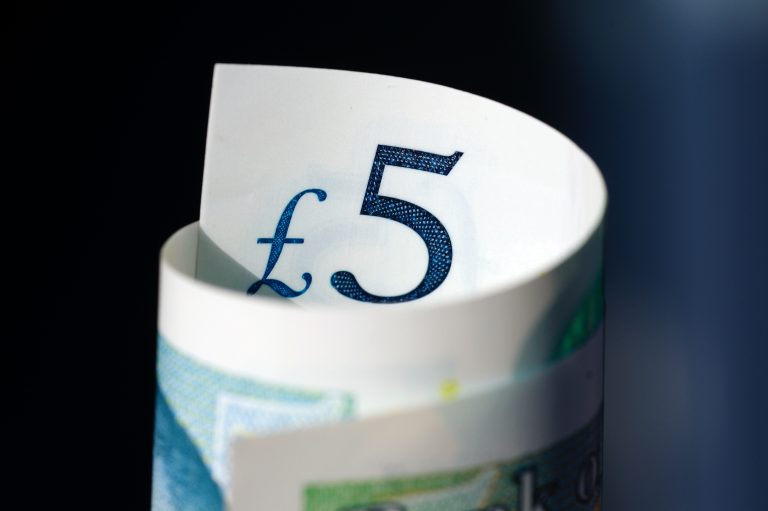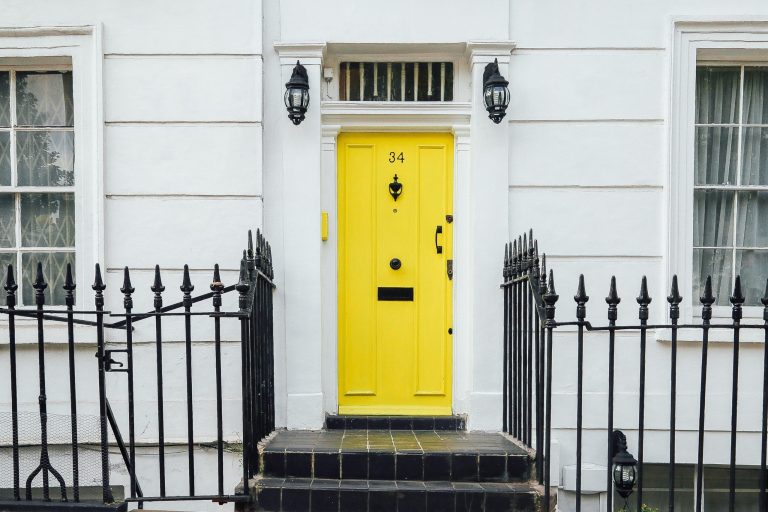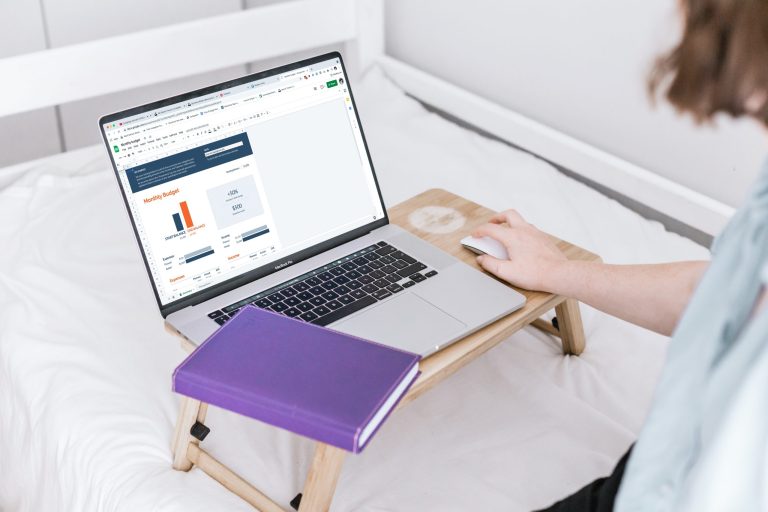Let’s talk about managing your finances as a Student Officer

The anticipation of waiting for your first pay cheque from a new job can be thrilling and you might be tempted to spend most of it treating yourself! There is nothing wrong with treating yourself here and there, but long term you may benefit from a financial plan to help you manage your money.
Salary
The starting salary of many student officers, who start as constables, is between £19,971-£23,124, which increases the longer they work for the force. As of October 2021, the current minimum wage for those aged over 23 is £8.91, aged 21-22 £8.36, aged 18-20 £6.56. If you take the minimum salary of a student officer and divide it by 35, for an average 35 hour working week, it equates to approximately £10.97 an hour. Comparing this with the current minimum wage you can see that it is significantly higher and is in line with the national living wage, which is £9.50 outside of London and £10.85 in London.
Cost of living
The cost of living varies depending on where you live. In general, it’s usually cheaper further north and more expensive down south. To give you an idea of the average living cost in the UK we are going to break down each cost that you could encounter monthly, based on a single person living in a 1-bedroom flat.
| Rent | £600 |
| Council Tax (based on Band A) | £104 |
| Energy bill | £66 |
| Water bill | £21 |
| Broadband | £30.30 |
| Mobile phone | £47.20 |
| Car | £254 |
| Food | £161.68 |
| Police Federation | £24 |
| Monthly total: | £1,308.18 |
Saving
One fifth of workers spend 50% of their disposable income within 48 hours of being paid. If you aren’t used to having disposable income it can be very tempting to start spending once that first pay cheque comes in. However, we believe it’s important to start saving straight away regardless of how big or small. The sooner you start saving small monthly amounts, the sooner you will get into the habit, and saving will be an easy process for you. Should you encounter an unexpected bill having your own savings pot to use means you won’t need to turn to forms of credit, which usually come with high interest rates. This allows you to have more control over your finances and stop yourself from repaying lots in interest each month.
A budget planner is a handy tool to use. You just need to enter a breakdown of your income and expenditure to be able to see what your disposable income is each month. Once you can see how much money you’re left with after you’ve paid for the essentials, you can work out how much you can comfortably save each month.
A tip for the future!
We have heard from some officers that when they have received a pay rise in the past, they increase their monthly savings as well! For example: you receive a pay rise of £150 per month, if you save £50 of that, after 12 months you will have £600 in savings to spend on whatever you want, as well as having an extra £100 extra income each month.
| Subscribe to our monthly “Let’s talk about money” newsletters here! |








